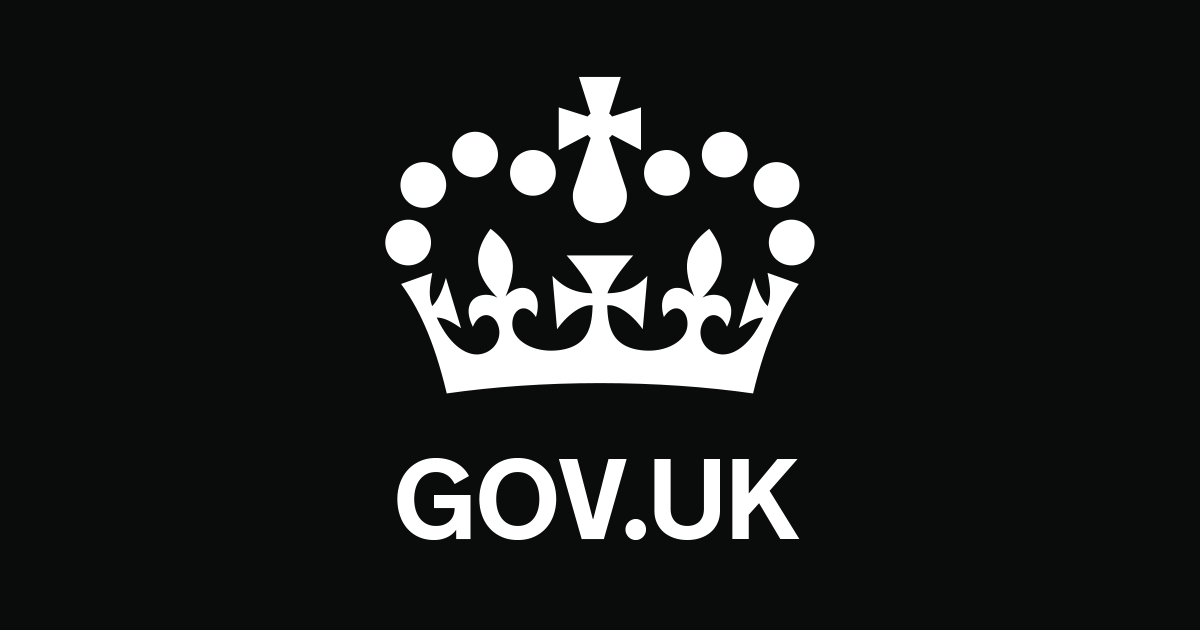
The FCDO advise against all but essential travel:
- to any area within 20km of the Tanzanian border with the Cabo Delgado province of Mozambique, due to attacks by groups linked with Islamic extremism.
- the whole of Tanzania based on the current assessment of COVID-19 risks.
From 4am on 22 January, visitors who have been in or transited through Tanzania in the previous 10 days cannot enter the UK. British and Irish nationals, and third country nationals with residence rights in the UK arriving in the UK from Tanzania will need to self-isolate along with their households on their return. Check the latest guidance for England, Northern Ireland, Scotland and Wales.
From 1 January onwards people with residence rights include: holders of Indefinite Leave to Remain; holders of existing leave to enter or remain (i.e those with biometric Residence permits) or an entry clearance/visa that grants such leave e.g. students, workers, etc (excluding visit visas); holders of EU Settlement Scheme (“EUSS”) leave; those who have rights of entry under the Withdrawal Agreements (including returning residents with a right of residence under the EEA Regulations and EEA frontier workers); family members of EEA nationals with rights under the Withdrawal Agreement.
The FCDO is not advising those already travelling in Tanzania to leave at this time. Travellers should follow the advice of the local authorities on how best to protect themselves and others, including any measures that they bring in to control the virus. You should contact your tour operator or airline if you have any questions about your return journey.
Travel to Tanzania is subject to entry restrictions
- The government of Tanzania has removed mandatory 14-day quarantine requirements for visitors on arrival, as well as the requirement for a negative COVID-19 test.
- Tanzania is implementing temperature screening for passengers on arrival. If you show symptoms of COVID-19 on arrival, you may undergo enhanced screening and be required to take a Covid test, followed by a possible 14-day self-isolation.
See Entry requirements for more information before you plan to travel.
Preparing for your return journey to the UK
If you’re returning to the UK from overseas, you will need to:
Check our advice on foreign travel during the coronavirus (COVID-19) pandemic and sign up for email alerts for this travel advice.
If you’re planning travel to Tanzania, find out what you need to know about coronavirus there in the Coronavirus section.
During the COVID-19 pandemic, it is more important than ever to get travel insurance and check it provides sufficient cover. See the FCDO’s guidance on foreign travel insurance.
Around 75,000 British nationals visit Tanzania every year.
Although most visits to Tanzania are trouble-free, violent and armed crime is increasing. Take sensible precautions to protect yourself and your belongings. See Crime
General elections took place on 28 October 2020. The elections took place largely peacefully, but there may be further demonstrations across the country following the declaration of results on 30 October. On occasion, demonstrations and political rallies across Tanzania have turned violent and resulted in fatalities. You should avoid all demonstrations and rallies. See Safety and security
During the rainy seasons, end of March till May and October to middle of December, exceptionally heavy rainfall and strong winds can occur. See Natural disasters
As of 1 June 2019, plastic bags are banned for environmental reasons. See Local laws and customs
Terrorists are likely to try to carry out attacks in Tanzania. See Terrorism
If you need to contact the emergency services, dial 112 and ask for the emergency service you require.
There is a threat of piracy in the Gulf of Aden and Indian Ocean. See River and sea travel
In the last few years there have been several ferry disasters in which hundreds of people have died. If you believe a ferry is overloaded or not seaworthy, do not get on. See River and sea travel
Long distance buses are often involved in accidents which can be fatal. See Road travel
If you’re abroad and you need emergency help from the UK government, contact the nearest British embassy, consulate or high commission.